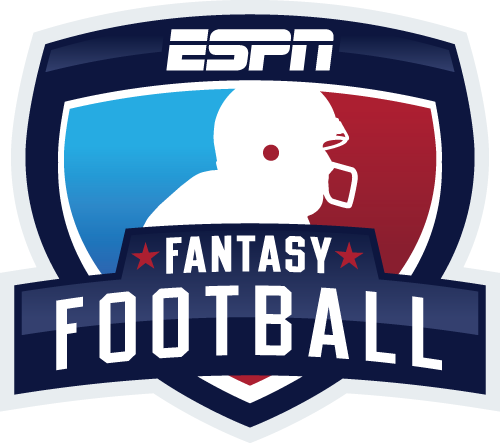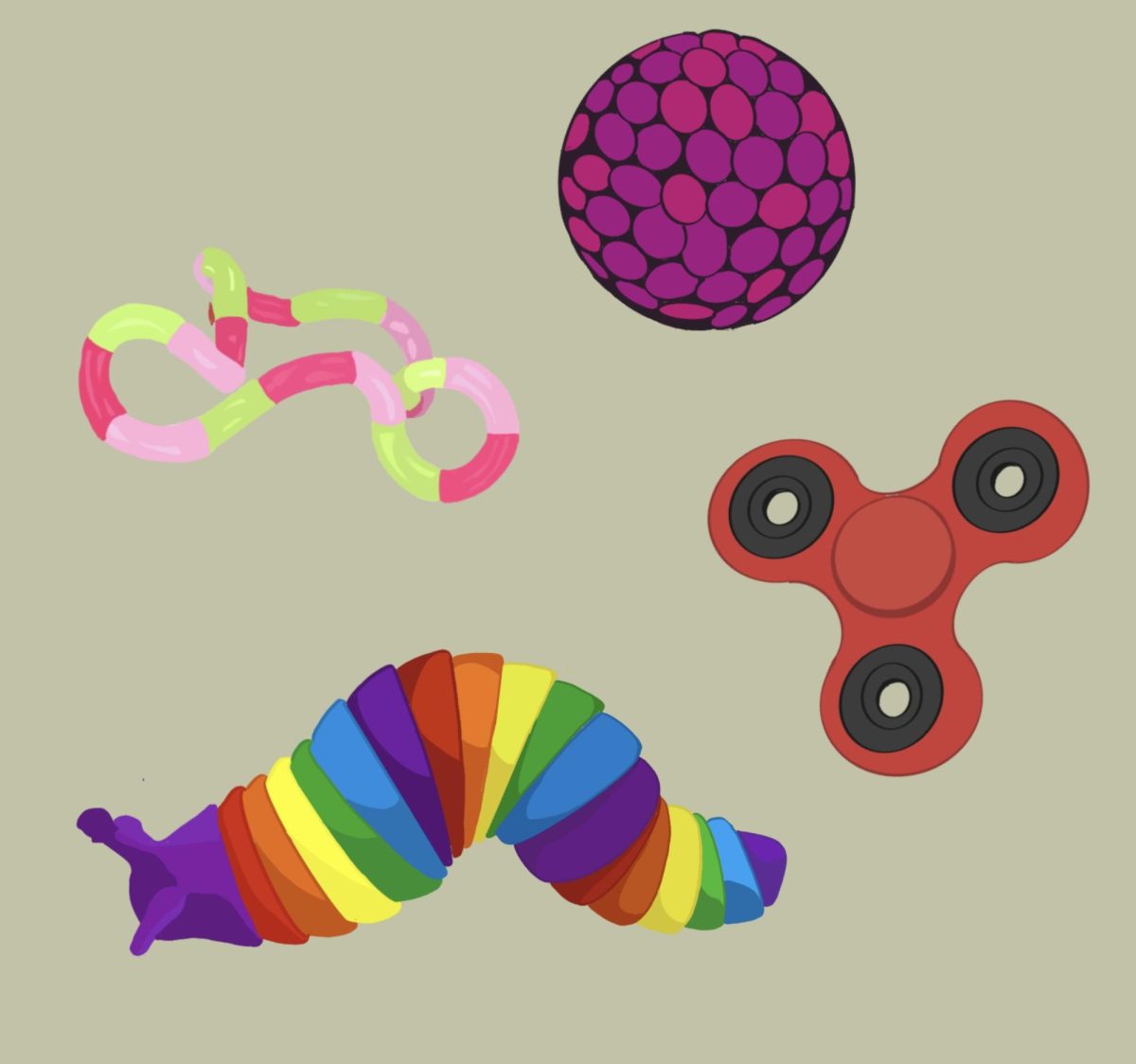
A twelve year old boy named Nathan watches his favorite team — the New England Patriots — play the Pittsburgh Steelers. The date is November 3, 2013 — week 9 of the NFL season. The Patriots, up 41-31 against their opponent with 5:25 minutes left in the fourth quarter, get the ball back following a Steelers touchdown. Their juggernaut offense of this particular day refuses to let up. Tom Brady throws a pass deep left to wide receiver Aaron Dobson for an 81 yard touchdown, Brady’s fourth of the day. The team and crowd celebrate.
After the play, Nathan, watching things unfold, slams the couch pillow. Visibly upset, his face collapses into it. He wishes for the unique ability to put on a happy face — one that could mask how he feels — but he can’t. Nathan’s fantasy opponent has Tom Brady; Matthew Berry put Brady on his “hate” list for week 9; Tom Brady was only projected to garnish 20 points against the Steelers defense. Instead, Brady decides to display his 2007-like self, scoring a whopping 57 fantasy points. In addition, his opponent chooses to play an unknown running back named Zac Stacy, who rushes for 127 yards and two touchdowns. Nothing good can completely salvage this miserable fantasy day — not a Patriots victory, the kid’s favorite dinner, friends, no homework, a snow day — absolutely nothing. He fails to see that fantasy football is just a game.
Why is that? This question is particularly confusing to some people who understand fantasy football, so expecting someone who has never played it — i.e the clueless mom or dad — to know is an even taller task. Essentially, fantasy football is a game in which a person drafts some of the best players from all over the NFL onto his team and plays an opponent each week. The individual player competes in a league against his opponents, often friends or family, and tries to win each week. The game is supposed to provide even more enjoyment to watching football each Sunday; however, it usually has the opposite effect. Meant to be a fun game by nature, fantasy football has instead become one major problem.
The real nature of the game has the potential to negatively affect those who are sucked into its competitive and obsessive addictiveness — yes, these are very, very real. The competitiveness is intrinsic; typically, the fantasy player is naturally competitive and wants to win. The addictiveness, by contrast, is driven by the popularity of the game and sports journalists’ and analysts’ promotion of fantasy football as being extremely important. Weekly columns such as this one reveal the process.
In this particular column, Matthew Berry, a fantasy football analyst and sports journalist, discusses how a bad day of fantasy football damages his life personally, outside of the fantasy universe. He repeatedly states this line: “It was a terrible, horrible, no good, very bad day”, which derives itself from the story Alexander and the Terrible, Horrible, No Good, Very Bad Day. The column is well-written, thoughtful, and follows the structure of children’s story book. In a sense, it is also awing, for it is the perfect example of how deeply rooted fantasy games are in American society.
Anyone who has ever played fantasy football could tell you a similar story to Mr. Berry’s. Senior Kevin Curran, for instance, admits fantasy football carries people away. He said, “I pay way too much attention to it, but I can’t stop.” Moreover, some fantasy players so fervently root for other players on opposing teams to do poorly that they actually celebrate when an opposing team’s player gets hurt or injured. In real life, no one is rooting for an athlete or person to break an arm or leg. There are large amounts of inhumanity in hoping someone becomes physically impaired. Yet, in fantasy football, it is no big deal because that means you have a better chance of winning the game, and winning the game is all that matters.
It shouldn’t. Contrary to the philosophy of many, winning fantasy football is not that big of a deal. Imagine if you took everything about life seriously, or, in other words, too seriously. Now think of fantasy football. What would that be like? Where’s the fun in that?
In accordance with the philosophy of the serious fantasy players, what I just said is not true. As junior Andrew Drogan said, “If your friend has a great fantasy team and you do not, that’s bad.” In fact, losing is socially embarrassing, particularly if you are a confident person who ends up creating a horrible team. While everyone else is boasting about how good their teams are, you feel excluded. Silly, yes, but that’s how people feel.
In this game, one player’s gain is another’s loss: victory for one means defeat for another. Happiness is driven by crushing an opponent, which in itself could be perceived as good but really is pretty sad. Why? Because defeating an opponent after hard training or commitment and being happy about it is different than beating someone by sitting at a computer screen and being happy about it. Winning and losing are both parts of life, yet no one can deny that for the fantasy player, fantasy becomes reality: what happens in a game impacts that person. It affects how they watch football — the lense through which the game entertains them. The final score of the game is irrelevant; Peyton Manning’s stat sheet is more important. As weird as it is, the game also affects their real life.
It shouldn’t. There shouldn’t be hard feelings. There shouldn’t be priority here. I’m not saying someone who has a team should be indifferent to the game and not enjoy it — these things are great. But again, it is natural for people who play fantasy football to want to win. Sometimes, even a rational person allows the desire of victory to permeate their common sense, which, when in control, says, “Calm down. It’s just a game.”
Fantasy football will be popular for many years to come; however, a person who plays it needs to be able to resist the media influences and problems the game causes. For once a player lets go of that sharp competitiveness and obsession, he will be able to enjoy the game for what it is actually supposed to be: fun. Learning this lesson is the answer in allowing oneself to break a strong attachment to the game and creating a more enjoyable experience for all.









Tim Moore • Nov 18, 2013 at 2:53 am
Oh, pfft.
People get just as riled up if ‘their team (an actual NFL franchise)’ wins or loses. That’s just as fake, and just as harmful.
Ultimately, the fantasy score is just as meaningless as the football games score. Unless Nathan owns a portion of the Patriots, rooting for them is no more or less functional than rooting for the team he created.
Each of the behaviors you cite here happen in every competitive arena. I’ve watched fans cheer when opposing players didn’t get right back up. Not because they were on their opponent’s fantasy team, but because it gave their franchise of choice a better chance to win.
Bad attitudes caused by outcomes of sporting events which a person does not influence, and has no real stake, to shade the color of your day is a character flaw, and has nothing to do with fantasy football.